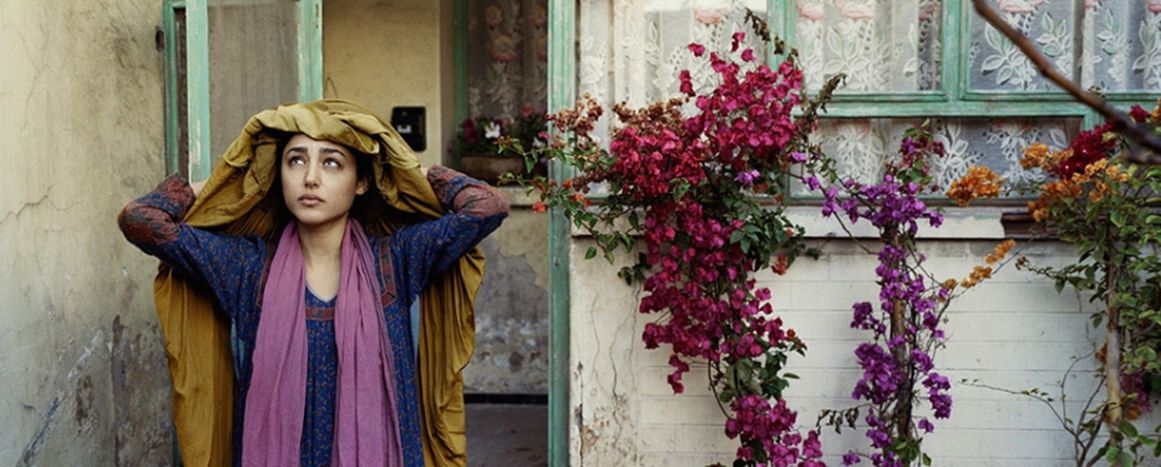
Sexual distinction: a pillar of Iran's theocracy
Published on
Translation by:
Monica BibersonWomen's International Day is an opportunity to look at their situation in a theocracy like Iran. This religious totalitarian regime relies on the principle of the "Supreme Leader" to impose an institutionalised form of misogyny.
This draws its justification and theoretical basis from fiqh (religious jurisprudence), which covers all aspects of individual and social life. This legal corpus sets up sexual discrimination as a pillar of an ideology based on the difference between the sexes.
Women are seen as slaves in the service of men, which amounts to denying them their identity. According to the fundamentalists' values, the physiological differences between men and women are determining factors. This has turned into an obsessive cornerstone of a pseudo-philosophy which is both a source of inspiration and justification of violence.
"Men's brains are bigger"
However, the Qur'an is based on very different criteria, namely, knowledge, freedom of choice and responsibility.
Ali Akbar Hashemi Rafsanjani, former Iranian president and religious leader, much admired by a certain section of the Parisian press for being a moderate, made this statement: "The difference in size, vitality, voice, development, muscle quality and physical strength between men and women shows that men are stronger and more capable in all areas... men's brains are bigger... These differences dictate the attribution of responsibilities, duties and rights."
Fundamentalists deny women their humanity and, in order to soften this outrage, they do their best to tone down their statements. One of their theoreticians, Morteza Motahari, in his Women's Rights in Islam writes: "all women like being led... Men's spiritual superiority over women was designed by Mother Nature. Women's efforts to fight against this reality are futile, they must submit to it; they need men to control their lives because they are more sensitive." Motahari is often quoted by Iranian authorities of all stripes.
The fundamental message of the mullahs' system of values, laws and practices is the following: just as God is superior to men, so men are superior to women who are naturally weak. Women are therefore men's property. According to the mullahs, "it is a woman's legal duty to obey her husband. This obedience, just like all compulsory acts of submission, falls within the greater obedience to God."
Illusory evolution
In the fundamentalist conception, women are second-class citizens. They do not belong in government, the judiciary, nor any governing bodies or any serious position that deals with society's issues. It has even been claimed that "women need to be kept ignorant to ensure their docility".
According to Mohammad Yazdi, member of the powerful Guardian Council, "in Islam as we understand it and practise it, women are not allowed to be judges or governors, irrespective of their level of knowledge, wisdom, virtue or competence." Yazdi has also stated: "Human beings bow only before God, otherwise women would have to bow before their husbands."
In 1962, Khomeini was strongly opposed to women's right to vote: "They are allowed to work in offices and, wherever they go, offices are paralysed... As soon as a woman enters a system, she disturbs it." Once in power, the former spiritual guide of the Islamic Revolution needed women to vote in support of his theocracy. But he made sure he limited their impact by banning their access to positions of major responsibility; indeed, there are no women in the Guardian Council.
So we can see why the mere presence of 14 women in the new Majlis, under the domination of a crushing number of obscurantist males, will not change the state of play in Iran. And yet, it is precisely this that certain lobbies, working covertly for Iran under the guise of researchers or academics, keep claiming on our TV screens.
Translated from La distinction sexuelle, pilier de la théocratie en Iran



